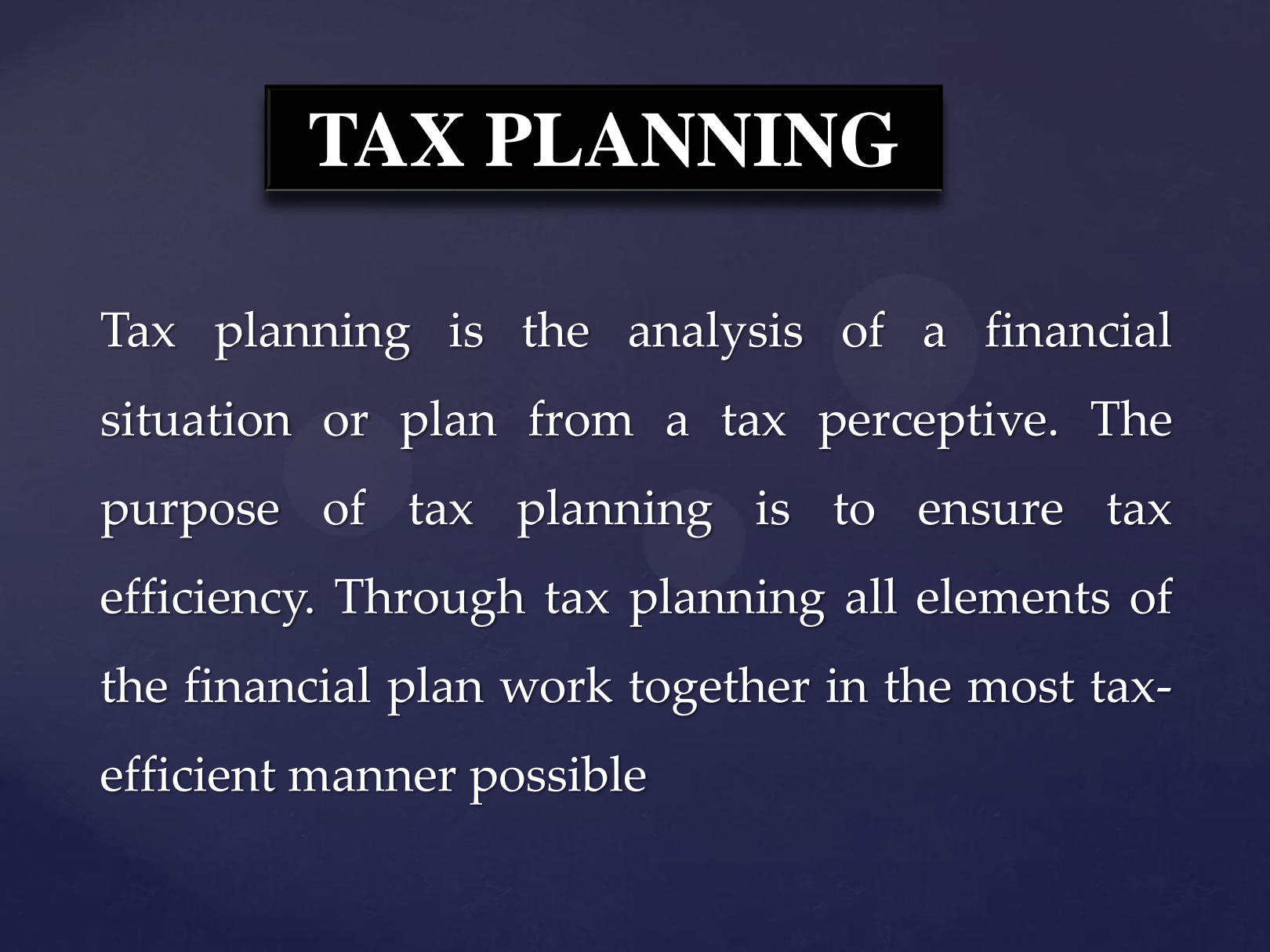Home>Finance>Tax Evasion: Meaning, Definition, And Penalties


Finance
Tax Evasion: Meaning, Definition, And Penalties
Published: February 6, 2024
Looking for information on tax evasion in finance? Learn its meaning, definition, penalties, and how to avoid legal trouble. Start here!
(Many of the links in this article redirect to a specific reviewed product. Your purchase of these products through affiliate links helps to generate commission for LiveWell, at no extra cost. Learn more)
Understanding Tax Evasion: Meaning, Definition, and Penalties
When it comes to the realm of personal finance, understanding the ins and outs of taxes is crucial. Unfortunately, some individuals or businesses may attempt to evade their tax obligations, leading to serious consequences. In this blog post, we explore the meaning, definition, and penalties associated with tax evasion, shedding light on an important topic that should not be taken lightly.
Key Takeaways:
- Tax evasion involves the deliberate act of avoiding taxes through illegal means, such as concealing income, inflating deductions, or hiding assets.
- Engaging in tax evasion can lead to severe penalties, including monetary fines, imprisonment, and damage to one’s reputation.
What is Tax Evasion?
Tax evasion refers to the intentional act of avoiding the payment of taxes by using illegal methods to underreport income or inflate expenses or deductions. This dishonest practice is carried out with the intention of paying less than the actual tax liability.
It is important to distinguish tax evasion from what is known as tax avoidance. While tax avoidance involves using legal methods to minimize tax liability, tax evasion is a criminal offense that involves fraudulent activities. Tax evasion undermines the integrity of the tax system and disadvantages those who fulfill their tax obligations.
Penalties for Tax Evasion:
The penalties for tax evasion can be severe, reflecting the seriousness of the offense. Here are some potential consequences individuals or businesses may face if found guilty:
- Monetary Fines: Tax evaders can be subjected to significant monetary fines. The amount of the fine usually depends on the extent of the tax evasion and the specific laws of the jurisdiction.
- Imprisonment: In some cases, tax evasion can lead to imprisonment. The duration of the sentence can vary depending on factors such as the amount evaded, the extent of fraudulent activities, and the prior history of the individual involved.
- Asset Seizure: Tax authorities have the power to seize assets, including bank accounts, properties, and vehicles, to recover the unpaid taxes and penalties resulting from tax evasion.
- Damage to Reputation: Tax evasion can tarnish an individual or business’s reputation, leading to mistrust from financial institutions, clients, and partners. This can have long-lasting consequences on personal and professional relationships.
To avoid tax evasion, it is crucial to maintain accurate records, report income honestly, and seek professional tax advice when necessary. Engaging in tax planning and utilizing legitimate tax avoidance strategies can help minimize tax liability while staying within the boundaries of the law.
It is important to remember that taxes play a vital role in funding public services, infrastructure development, and social welfare programs. By fulfilling our tax obligations, we contribute to the overall well-being of society.
In Conclusion
Tax evasion is not only illegal but also unethical. It undermines the fairness and integrity of the tax system, placing an unfair burden on honest taxpayers. Understanding the meaning, definition, and potential penalties associated with tax evasion is essential for individuals and businesses alike.
By staying informed and adhering to the rules and regulations governing taxes, we can contribute to a fair and transparent financial system that benefits everyone.














